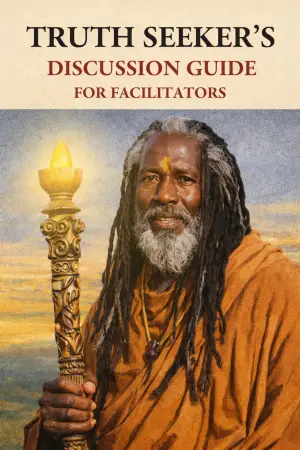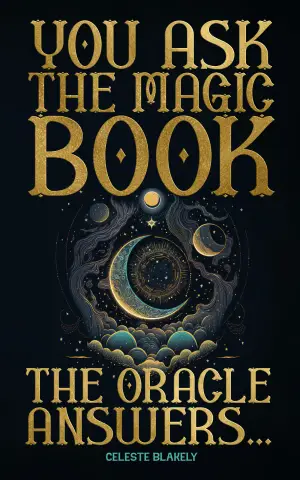Ikigai: The Japanese Secret to a Long and Happy Life by Héctor García and Francesc Miralles
As a passionate reader exploring varied genres, I was particularly drawn to Ikigai when I first stumbled upon its intriguing concept of finding one’s purpose. The book promises not just insights but also practical tools for readers seeking to lead a more fulfilled life. With over 2 million copies sold worldwide, it felt like a worthy addition to my reading list.
The book explores the Japanese concept of ikigai, which translates to "a reason for being." The authors delve into how this philosophy can lead to a more fulfilling and purposeful existence, a sentiment perfectly encapsulated in the quote: “Only staying active will make you want to live a hundred years.” This idea resonated with me as someone trying to navigate the complexities of life and find meaning in everyday actions.
One of the most commendable aspects of Ikigai is its engaging narrative style, blending stories and cultural insights that are accessible and relatable. Many readers, like Victoria Loria, found it transformative, sharing personal experiences that echoed the book’s core themes. Loria noted how living in Japan allowed her to witness the simplicity and joy of its people, reinforcing the idea that finding purpose is vital in our fast-paced world.
However, not all feedback was glowing. A recurring criticism is the book’s brevity and, for some, a lack of depth in content. Readers like Margaret felt it strayed from its main focus, becoming “all over the place.” This is a valid observation; while the book touches on diet and wellness, some might wish for a tighter exploration specifically of ikigai. I found this criticism somewhat fair but not entirely detrimental to the overall message.
Additionally, I appreciated the practical tips on discovering one’s own ikigai. It’s about striking the right balance: what you love, what you’re good at, what the world needs, and what you can be paid for. This intersection fascinated me, as it elegantly presented a roadmap for personal fulfillment. Andrew’s feedback about the book providing an important reminder of life’s priorities resonated with me; it felt timely given the current climate where many are reevaluating their lives.
The cultural integration of Japan within the narrative is another highlight. Readers, including Raghad, praised how this backdrop adds to the book’s charm. The interviews with centenarians from Okinawa, a region noted for its longevity, offered not just anecdotal wisdom but also actionable habits that anyone can incorporate into their lives. The authors’ research and passion for the subject shine through, making it more than just a self-help book; it becomes a way to reflect on life and its meanings.
Despite its shortcomings, or perhaps precisely because of them, I found Ikigai to be a heartfelt guide that encourages readers to slow down and reflect. The exercises included are thought-provoking and urge one to engage in a more intentional approach to life. As someone who constantly pursues personal growth, this element struck a chord.
In summary, Ikigai is a delightful read that successfully intertwines philosophical principles with practical advice. Although it has some detractors regarding its depth and focus, I believe its approachable writing style and positive message outweigh these drawbacks. I would recommend it to anyone seeking purpose, especially those feeling lost during transitions like retirement or career changes.
Ultimately, it reaffirmed my belief that we can lead more meaningful lives by staying attuned to our passions and purpose. If you’re looking to enrich your life and seek fulfillment amid chaos, Ikigai is certainly worth exploring. 🌟








